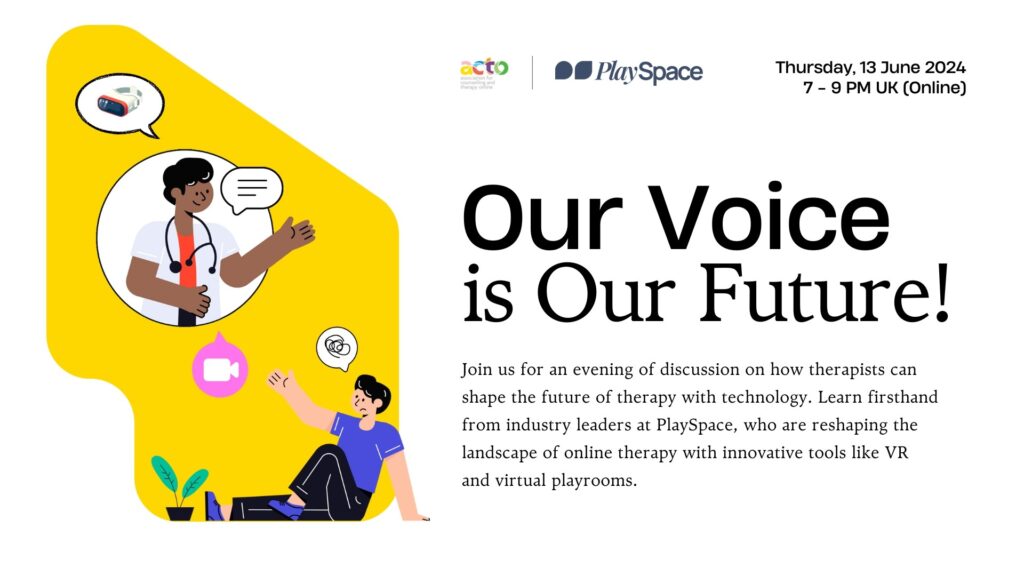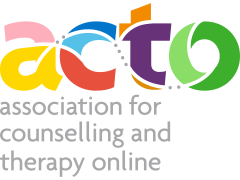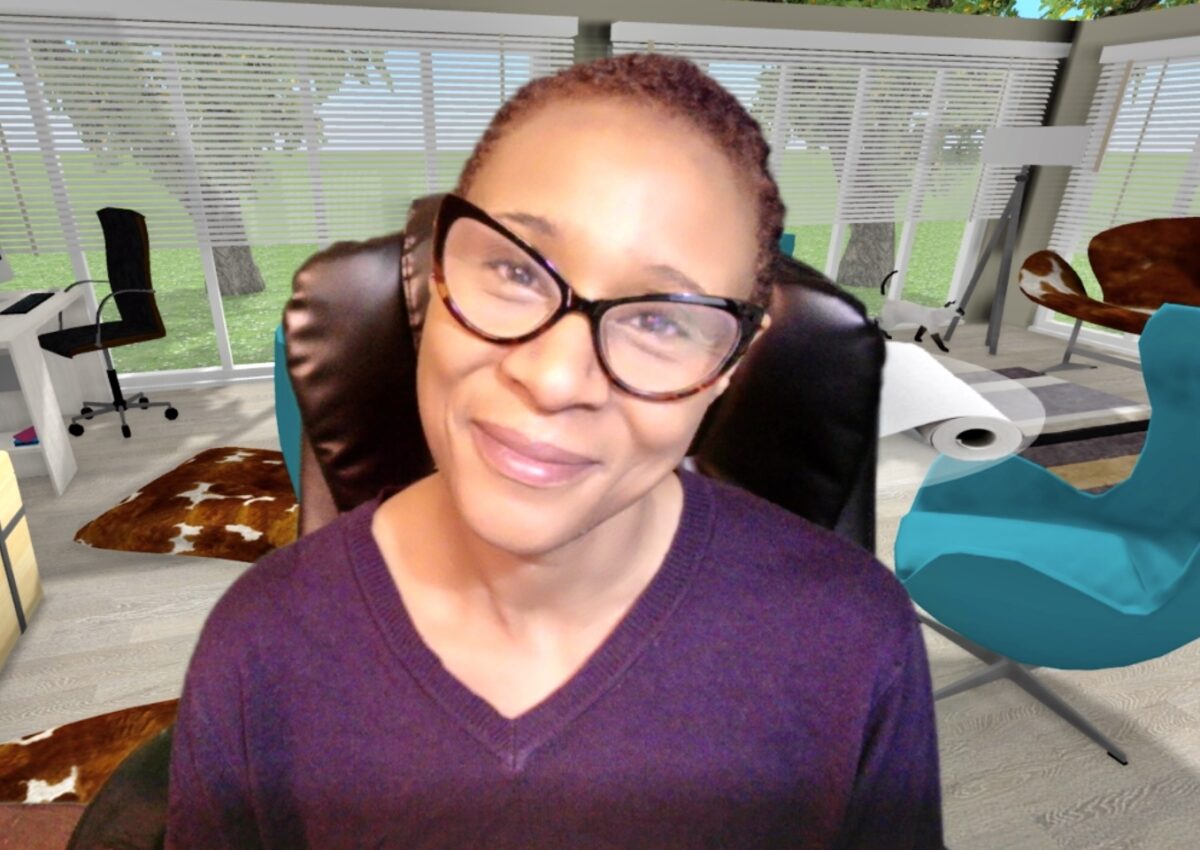How Lesley Simpson-Gray overcame her challenges, specialising to work with multiple-heritages and neurodiverse clients using virtual reality
Lesley Simpson-Gray’s career began working in the field of product communications, undertaking research into people’s buying behaviour. However, starting a family was the catalyst for personal change as Lesley realised she wanted to change pace as well as reduce the time she spent working with office technology.
Curiosity and interest in how and why people do things is important to Lesley. The adoption of their daughter by Lesley and her husband Rickey – a vicar in the Church of England – provided a further turning point. As a family, they would need considerable support to cope with her emotional development. This experience was the spark to encourage Lesley to pursue a complete career change by training as a psychotherapist and helping others with their emotional needs; particularly as her own family has a history of mental health problems.
The road to qualifying: realisations and overcoming challenges
Training proved to be an experience which was challenging and at times extremely tough – but also self-discovery following a diagnosis of dyslexia and ASD. Lesley is a first generation child of immigrants to the UK, with a mixture of Nigerian, British & Irish, Ghanian and Jamaican ancestry.
Lesley said:
“A lot of that is unseen because I identify as a Black woman. Because I recognise that it is hidden to others, I’m curious about how children identify themselves with diverse cultures held within their parentage and wider families.
“As a neurodiverse trainee therapist I had an awful time – dyslexia was acceptable, but ASD stirred up a sense of taboo, a lack of safety and some shocking biases held by therapists. All of the things that we try not to show with our clients. Peers and course directors were terrified by the incorrect belief that I and all people with ASD had no theory of mind, no empathy, connection or communication skills. They wondered how I had slipped through the net and got onto the training, and it certainly wasn’t safe to allow me to qualify!
“So consequently I stayed fairly quiet, only hinting that I had ASD and that my traits were not all down to developmental trauma. Now, several years later, I feel it’s safe to identify as a psychotherapist who is also autistic.”
“It wasn’t safe to be different”
Several years after qualifying, Lesley is happy to speak about these experiences, her fear of not being white and neurotypical and a feeling that it wasn’t safe to be different. She felt that training organisations often did not take responsibility for the impact on their trainees at a very vulnerable time; resulting in Lesley and other students distressed and crying during many training days. Furthermore, she believes that people do not take responsibility for how they see you as a person or how they behave or speak.
Lesley continued,
“ I was seen and told at various times that I was ‘angry’ and ‘aggressive’ – the stereotypical Black woman. I was described as being ‘bitter,’ ‘hostile’ and ‘ungrateful;’ even dangerous, disturbing and unsafe. Training organisations don’t always see that their practices and micro-aggressions lead to trauma in the here and now. It’s too easy to define this as developmental trauma from the past that you need to go away and fix in order to be a safe therapist.”
Qualifying similarly proved to be a bitter-sweet moment.
On opening the email which told Lesley that she had qualified as a psychotherapist, her feeling was one of total disillusionment rather than elation. Maybe she thought, I don’t wish to be a psychotherapist at all? The training had sought to help them as professionals to create a ‘safe’ emotional space for clients. Yet, they had been repeatedly immersed in a world that was emotionally terrifying.
Diversity and psychotherapy
According to research, people of colour have a higher risk of developing a mental health problem in adulthood; but they’re less likely to receive support for their mental health[1]. One of the difficulties faced by Black people and those from other communities is finding culturally appropriate therapy.
Lesley’s personal experience is a case in point:
“I remember how unsafe it felt to say to my first therapist that I had issues to do with ethnicity that she didn’t understand. I printed out an article and asked her to read it. She skimmed it quickly and quietly passed it back to me.”
At the time, Lesley felt that even to be able to say “I would like a Black therapist” was quite challenging; indeed, to ask a therapist what training have you done to understand my needs as a Black person?
A Black Perspective: Accessible & Inclusive Online Therapeutic Spaces
Starting her own private practice in 2017 Lesley is now an experienced Child and Adolescent Psychotherapist and certified Cyber-Therapist. Her lived experience as a Black, British professional has led to her special interest in raising the profile of neurodiversity, especially amongst care-experienced children and young people with a cultural connection to the African diaspora.
Later this month, Lesley will present a webinar organised jointly by Onlinevents and ACTO, encouraging other therapists and counsellors to join her on an innovative journey using virtual therapy space. The session will invite people to think about their own journey, as Lesley shares her own experiences and how it has shaped her use of technology.
“Given my background, I am aware of what this brings to my ethnicity. It is not always easy to define, so we need to ask how do children identify themselves, how can they identify? It does not always come down to being black or white.
“Children often have many different ethnicities within their family or origin and different cultures. How do they make sense of their own identity? For example, I have a lot of Jamaican culture but I was born and raised in the UK.
“In the webinar, I hope that others will be inspired by how technology and virtual reality can help us as professionals to work with clients – of all ages – to explore and create their own environments and avatars. We’ll use a 3D model which will enable us to define, for example, our skin, the dimensions, our hair colour. These are amazing tools where we have a blank canvas and they stimulate our imagination. Critically, these modelling techniques allow you to be curious about how you define yourself; and importantly, not to be defined by others.”
Lesley Simpson-Gray was interviewed by Simon Frost.
Webinar details
Saturday 25 March 10am – 12 midday GMT
Cost: Participants can pay a self-select fee. The guide price is £20.
For further information, please click here.
[1] https://www.mind.org.uk/about-us/our-strategy/becoming-a-truly-anti-racist-organisation/facts-and-figures-about-racism-and-mental-health/


